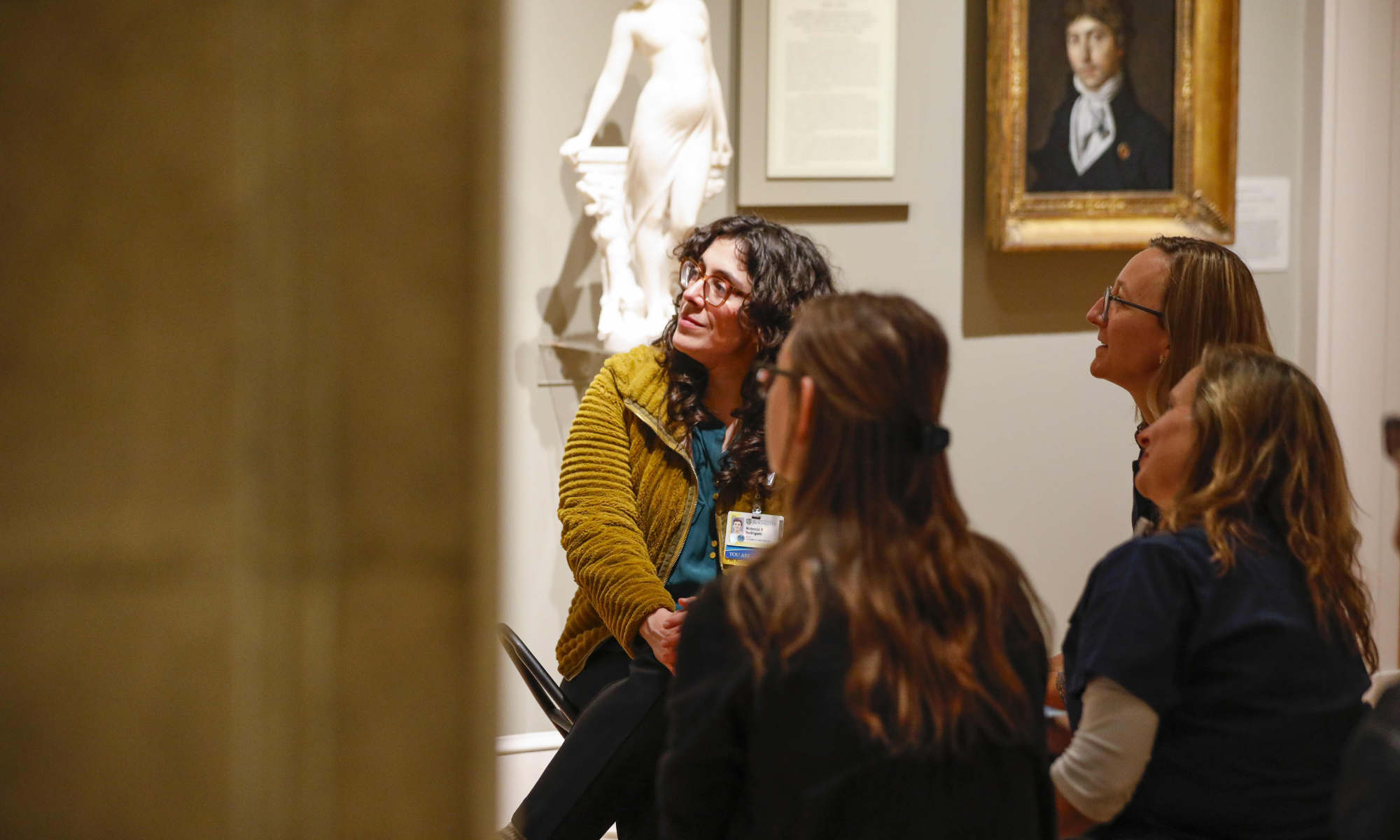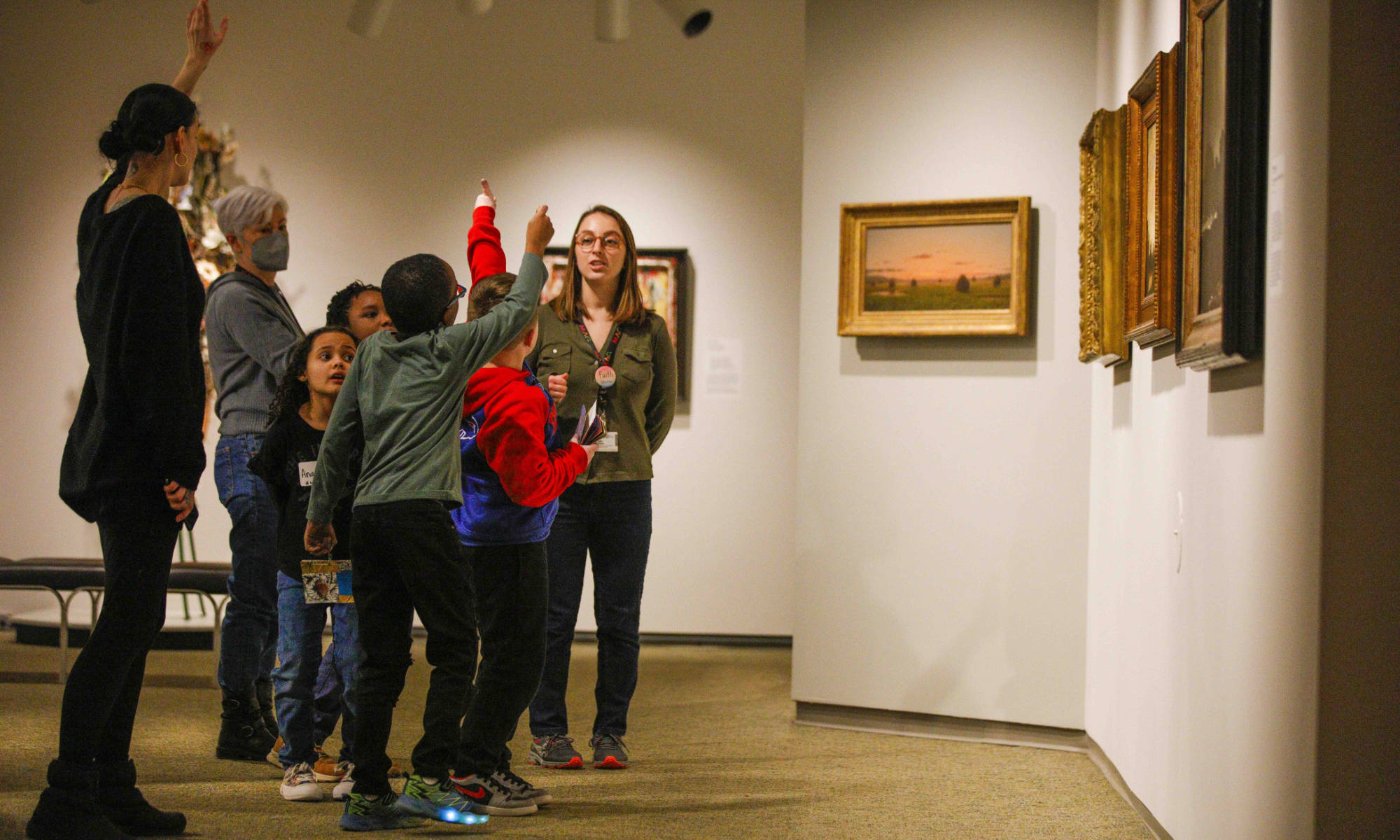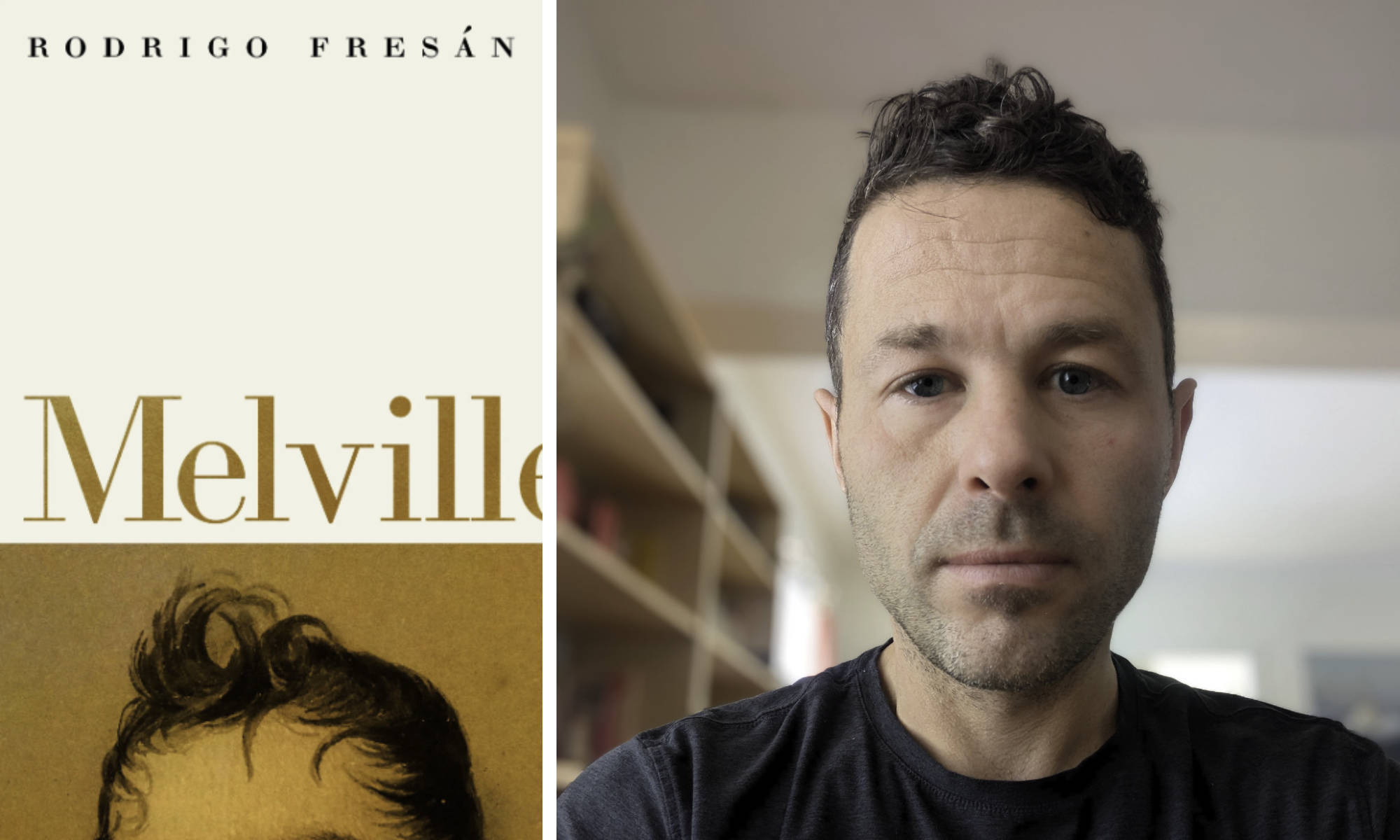Writers and musicians from Marianne Moore to Patti Smith are the subject of new book The Lyric Now.
The Lyric Now by James Longenbach
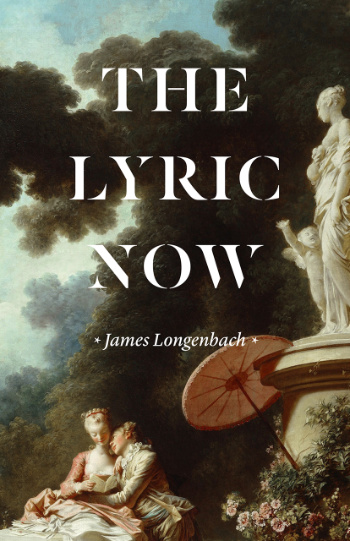
Longenbach teaches courses in modern and contemporary American poetry, British and American modernism, James Joyce, Shakespeare, and creative writing. His books of verse and of criticism include How Poems Get Made (W. W. Norton, 2018), Earthling (W. W. Norton, 2017), The Virtues of Poetry (Graywolf, 2013), and The Art of the Poetic Line (Graywolf, 2008). His poems have been published in The New Yorker, The Nation, The New Republic, The Paris Review, Slate, and The Yale Review. Longenbach’s newest book of poems, Forever, will be published by W. W. Norton in June.
The language of a poem creates a repeatable event, the experience the poem offers reborn with every reading. How it does so is what James Longenbach, the Joseph Henry Gilmore Professor of English at the University of Rochester, calls “my preoccupation.”
In 2018, the poet and critic published How Poems Get Made (W. W. Norton), taking readers behind the scenes to explain how poets construct poetry. Poems, Longenbach says, are dramatic experiences of sound and time, the two intermixed as a poem gradually unspools. In How Poems Get Made, he carefully examines constituent elements of poems in the English language to show some of the ways poets make that happen.
Now Longenbach is back with a new book, The Lyric Now (University of Chicago Press, 2020), a volume that casts a more historical eye on poetry. His focus is lyric poems, comparatively short poems that focus on a speaker’s emotions. The lyric poem “has strategies for staging its own immediacy, as if the poem were written in the time it takes to be read,” he writes.
He profiles the lives and work of 13 poets and musicians from the 20th and 21st centuries who wrote in pursuit of “newness.” Among them are Marianne Moore—whom he regards as arguably the finest poet of the 20th century—T. S. Eliot, Robert Lowell, Jorie Graham, Virgil Thomson, and Patti Smith.
“I think The Lyric Now is really the historical, rather than the how-to, version of How Poems Get Made,” Longenbach says. “The titles speak of the difference, which is important to me, but the similarity is that both books embody my conviction that poems are not static objects—that they are temporal, and that they ride on the rails of syntax, which is always moving forward.”
While the writers he treats were, or are, committed to “making it new” (in poet Ezra Pound’s phrase), the story of poetry isn’t one of obsolescence—with new poems superseding those that came before—but presence, Longenbach suggests. They inhabit an ever-present “now.”
He is fascinated by the paradox of truly great lyric poems: they will seem “seductively unpredictable” to the extent that they are “exquisitely constructed,” he writes. The conjury of a successful poem lies in its delicate, outwardly contradictory balances: strangeness with logic, freedom with forethought, constraint with expansiveness. With his new book, as in its predecessor, Longenbach invites the reader to see and hear the mechanics that, like the gears of a watch, drive a poem’s endlessly repeatable unpredictability.
Read more
 How do you make a poem?
How do you make a poem?Speakers of a language rely on its words to carry out even the most mundane acts of communication. The same words are poets’ medium of creation. In How Poems Get Made, James Longenbach asks how poets turn bare utterance into art.
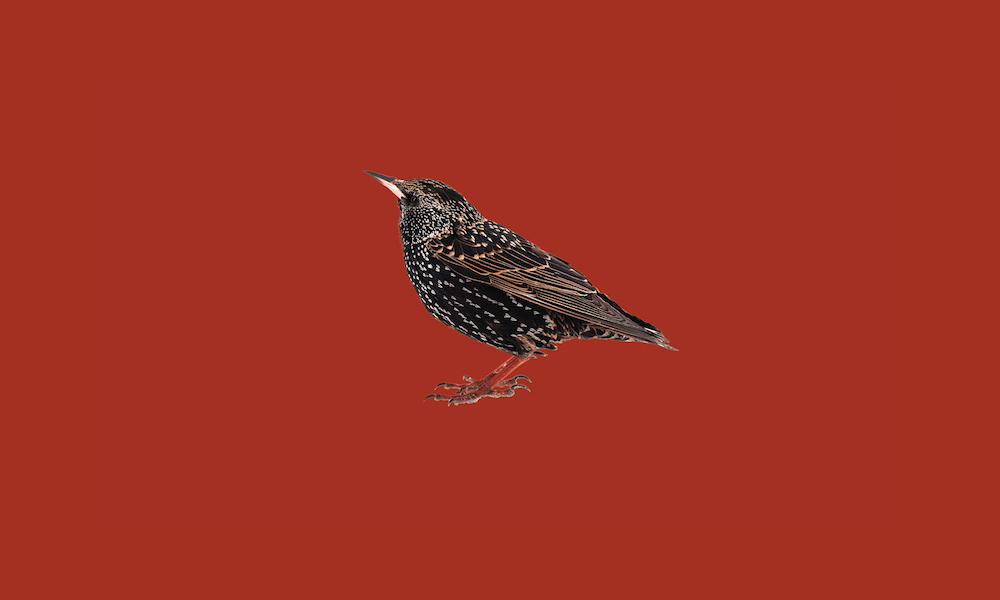 Poet James Longenbach unites spare and spooky in Earthling
Poet James Longenbach unites spare and spooky in EarthlingThis fifth collection of poetry from James Longenbach had its roots in a poem he wrote called “Pastoral,” which would set the collection’s tone of “feeling or spiritual development.”
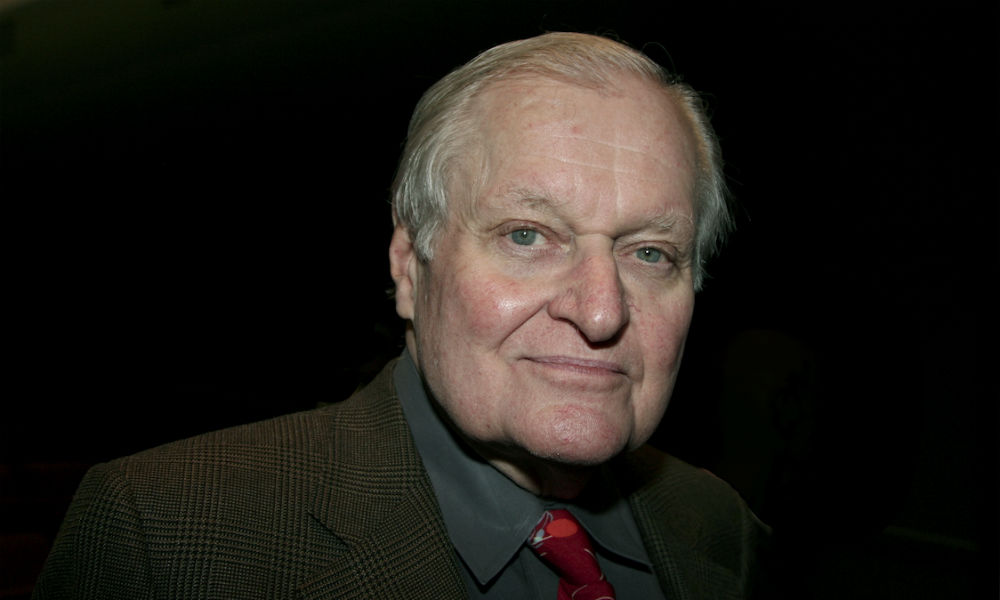 Remembering John Ashbery
Remembering John AshberyJohn Ashbery was memorialized as one of America’s premiere poets upon his passing earlier this month. James Longenbach reflects on a long friendship with Ashbery and his impact on poetry and literature.


